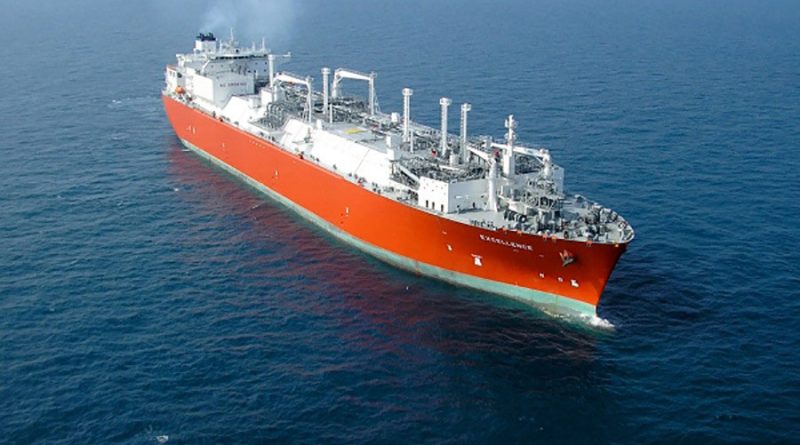Rough seas and high winds in the Bay of Bengal have once again disrupted Bangladesh’s liquefied natural gas (LNG) supply chain, exposing the vulnerability of the country’s energy infrastructure to seasonal weather.
Despite no major depressions forming in recent weeks, at least two LNG cargoes were delayed in September, as ship-to-ship (STS) transfers to floating storage and regasification units (FSRUs) had to be suspended for safety reasons, according to officials at the state-run Rupantarita Prakritik Gas Company Ltd (RPGCL).
While the company managed to prevent any immediate supply disruptions, it remains unclear whether demurrage charges were incurred due to the delays.
A senior Petrobangla official said one vessel had to wait at least three days for favourable weather, while another faced a two-day delay. “Transfers are suspended whenever winds exceed 20 knots or waves rise beyond two metres,” the official explained, adding that visibility below one nautical mile also makes operations unsafe.
The Bangladesh Meteorological Department (BMD) has warned that similar conditions could persist through October, forecasting up to three low-pressure systems, with at least one likely to develop into a depression or cyclone.
Interruptions to LNG unloading and regasification are common during the monsoon season, when the sea remains rough. In late May, several vessels were unable to complete STS transfers due to turbulent conditions, forcing Petrobangla to anchor them 10–12 kilometres offshore at the pilot boarding station (PBS) near Moheshkhali Island.
One of those vessels, carrying LNG from Oman’s OQ Trading, managed to unload 85 percent of its cargo before worsening weather forced it back to the PBS. Another, operated by Gunvor Singapore, could not unload at all due to severe sea conditions.
Petrobangla Chairman Md Rezanur Rahman said such disruptions were unavoidable during periods of rough weather, but added that the company was taking measures to minimise risks.
Bangladesh’s LNG operations have faced repeated weather-related setbacks in recent years. Cyclone Remal in May 2024 damaged one of the two floating terminals, while Cyclone Mocha in 2023 caused major delays to imports and regasification, disrupting power generation and industrial output.
According to Petrobangla data, as of 8 October 2025, the country’s total gas production stood at around 2,721 million cubic feet per day (mmcfd), including 927 mmcfd of regasified LNG.
Energy analysts warn that without stronger infrastructure and contingency planning, Bangladesh’s growing reliance on imported LNG will leave it increasingly exposed to weather disruptions in the Bay of Bengal.






